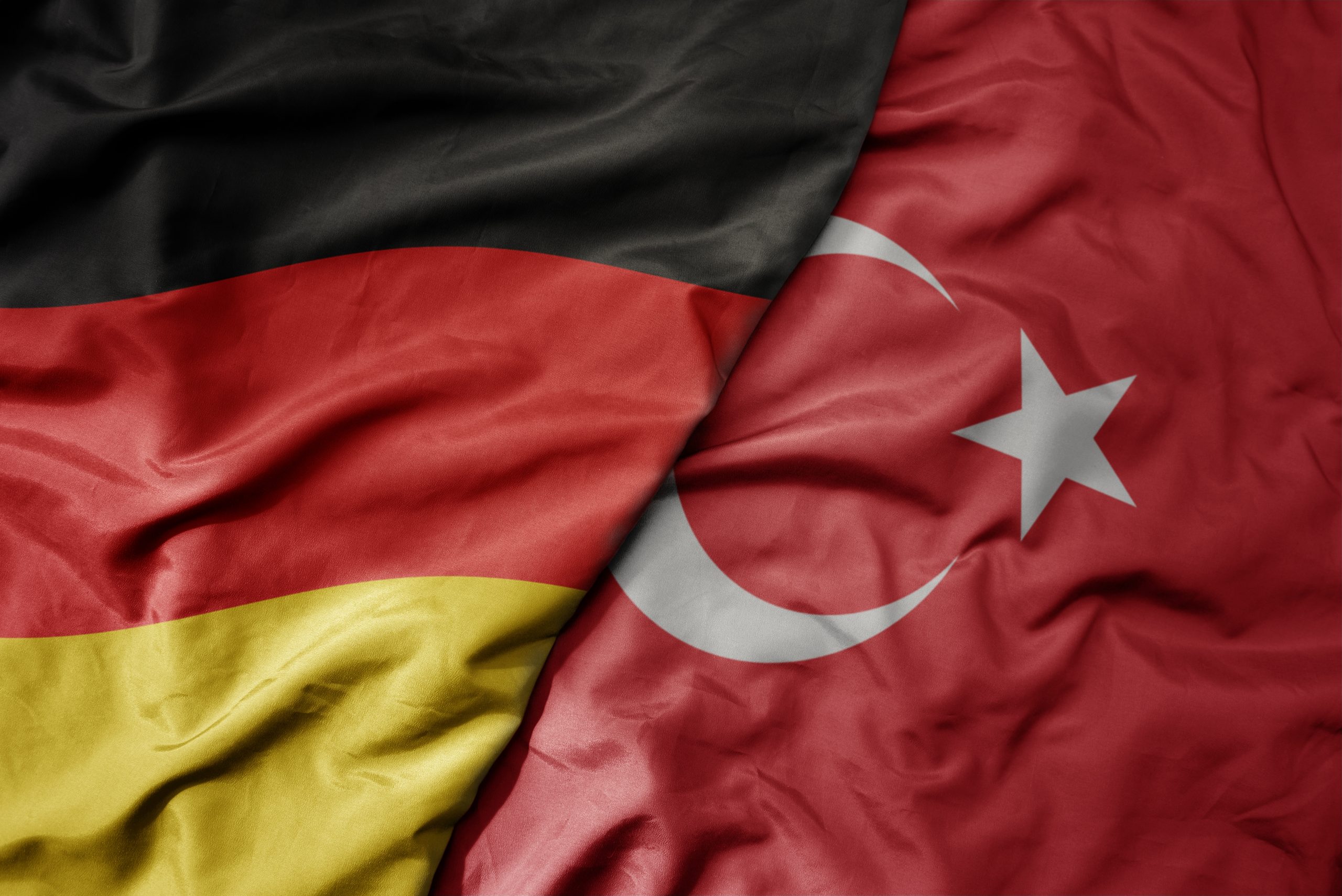The ascent of the far-right Alternative for Germany (AfD) party has monopolized Germany’s political discourse in recent weeks. However, a new political entity has emerged, causing a commotion in the media and considerable debate within the political establishment. Enter the DAVA party, colloquially dubbed the “Erdogan Party” by some media outlets. DAVA stands for the Turkish name of the party, the “Democratic Alliance for Diversity and Awakening,” and the term also echoes the Islamic concept of “Da’wa,” signifying the teaching of Islam to non-Muslims akin to missionary work.
The establishment of a party with Turkish roots and ties to Turkey, actively seeking to participate in German political elections, introduces a new dimension to Ankara’s involvement in the nation’s domestic affairs. The timing of its formation is strategic, aligning with the upcoming European Parliament elections in Germany on June 9, with the party expressing its intent to field candidates.
Founded by Germans of Turkish origin, who have previously been vocal supporters and lobbyists for the Turkish president in Germany, the DAVA party stands a good chance of securing representation in Strasbourg after the elections. Notably, a significant portion of the Turkish community in Germany views Erdogan with a level of adulation akin to a pop star, evidenced by his commanding 67% vote share among Turkish citizens in Germany during the last presidential elections.
Over the years, stable Turkish influence structures have taken root in Germany, encompassing numerous Turkish associations, mosques, and prayer houses—some estimated at around three thousand. A considerable portion of these organizations is perceived to be aligned with Erdogan. The likelihood that the DAVA party will leverage these established structures for its political objectives is considerable.
Germany has long been a focal point of Ankara’s diaspora policy, and the DAVA party’s foundation in Germany, rather than in countries like France, Holland, or Belgium with sizable Turkish-origin populations, is a calculated move. With 2.5 million Muslims holding German passports, of which 1.5 million have Turkish roots, DAVA primarily targets this substantial voter base.
The party may attract support not only from voters of Turkish origin but also from broader segments of Europe’s Muslim population. Erdogan is popular among Europe’s Muslims because of his consistent, one could even say radical, pro-Palestinian stance. In their press release, the group presents itself as a “new political home for many citizens who are not represented by the established parties”.
The absence of the customary 5% threshold in European elections in Germany presents a unique opportunity for the DAVA party, making its entry into the European Parliament quite plausible.
The founding of a “Turkish party” by Erdogan supporters in Germany is a direct challenge to German policies promoting the integration of immigrants into society and the political system. Ankara has persistently rejected and subverted these efforts, as evidenced now by the emergence of the DAVA party.
It is crucial to note that not all individuals of Turkish origin in Germany align with Erdogan; a large number belong to the opposition, while others have established themselves in their new homeland and are actively involved in the political system. The most prominent German politician with Turkish roots is the Minister for Agriculture Cem Özdemir from the Green Party. He said: “An Erdogan offshoot running in elections here is the last thing we need”. Unfortunately, a significant number of Turks in Germany hold a contrary viewpoint to their accomplished compatriot.
*Dr. Ronald Meinardus is a Senior Research Fellow and the Coordinator of Research Projects on Greek-German relations at the Hellenic Foundation for European and Foreign Policy (ELIAMEP).



